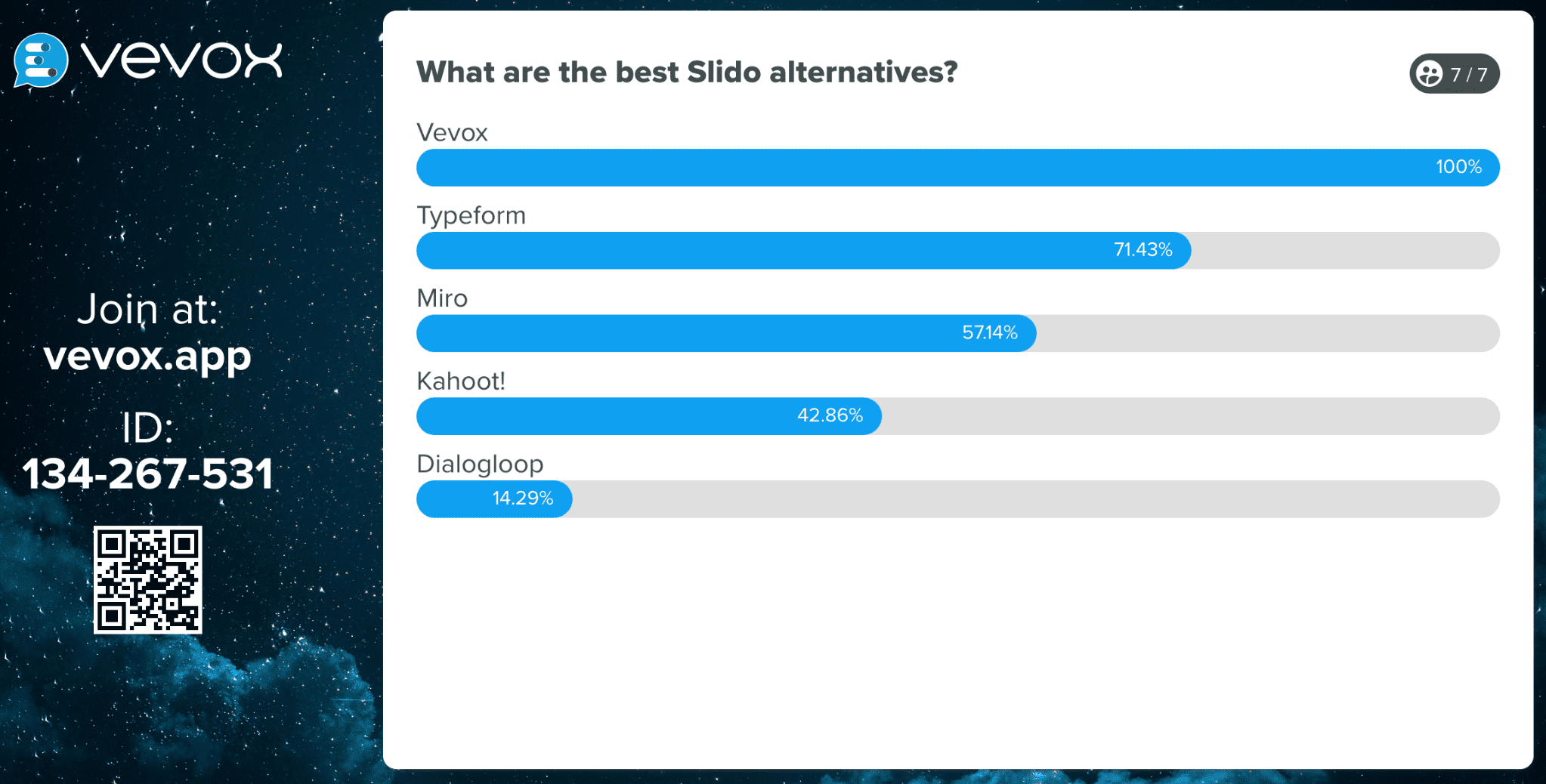The Taoist Lao-Tze wrote, “Tell me and I forget. Show me and I remember. Involve me and I understand." This aphorism is especially pertinent to the current debate concerning education in the West.
The US National Association of State Boards of Education (NASBE), citing a 2015 Gallup poll, stated that nearly half of US school students are either not engaged or indeed actively disengaged from school. NASBE suggested that unless state policymakers pay closer attention to fostering student engagement, then other investments they make in education become simply a waste of time and money.
This is not, of course, a new problem. It’s likely that even Alexander the Great found his mind wandering from the pearls of wisdom dispensed by his tutor, Aristotle on a sultry Macedonian afternoon. But it is the consensus view that the issue of student engagement in the West has been exacerbated by a number of societal issues. These are:
• The erosion of discipline that creates an environment unconducive to concentration or learning. The contrast between the Asian classroom with its ranks of respectful students avidly submitting to rote learning and its unruly Western counterpart has become a staple of documentary TV producers.
• The diminution in student attention spans, as a function principally of ubiquitous social media that corrodes the ability to absorb complex information.
• The tectonic shift in how information is conveyed, exemplified by the implosion of the text book business, as technological change undermines the traditional pedagogic model. Look at the problems of Pearson PLC, the world’s largest school and college-focused publisher, over the past two years. “We are in this analogue to digital transition and it’s painful,” stated Pearson CEO, John Fallon “When that tipping point happens I don’t know. It’s a realistic view that says we face another couple of years of difficult, painful change.”
Students are learning in a constantly evolving educational space. What was once a teaching model is transforming into a learning model. Technology forms a part of the lives of students in a way that older generations simply cannot comprehend. As such, harnessing its potential is a fundamental requirement in order to engage, involve and inspire.
Good teachers will never be replaced by technology. They will be challenged by it, but they will harness it through the application of imagination, conscious thought and moral direction.Good teachers will increasingly embrace technology as a pivotal means of improving student involvement and, as a consequence, understanding. At Vevox, we seek to aid that process.





